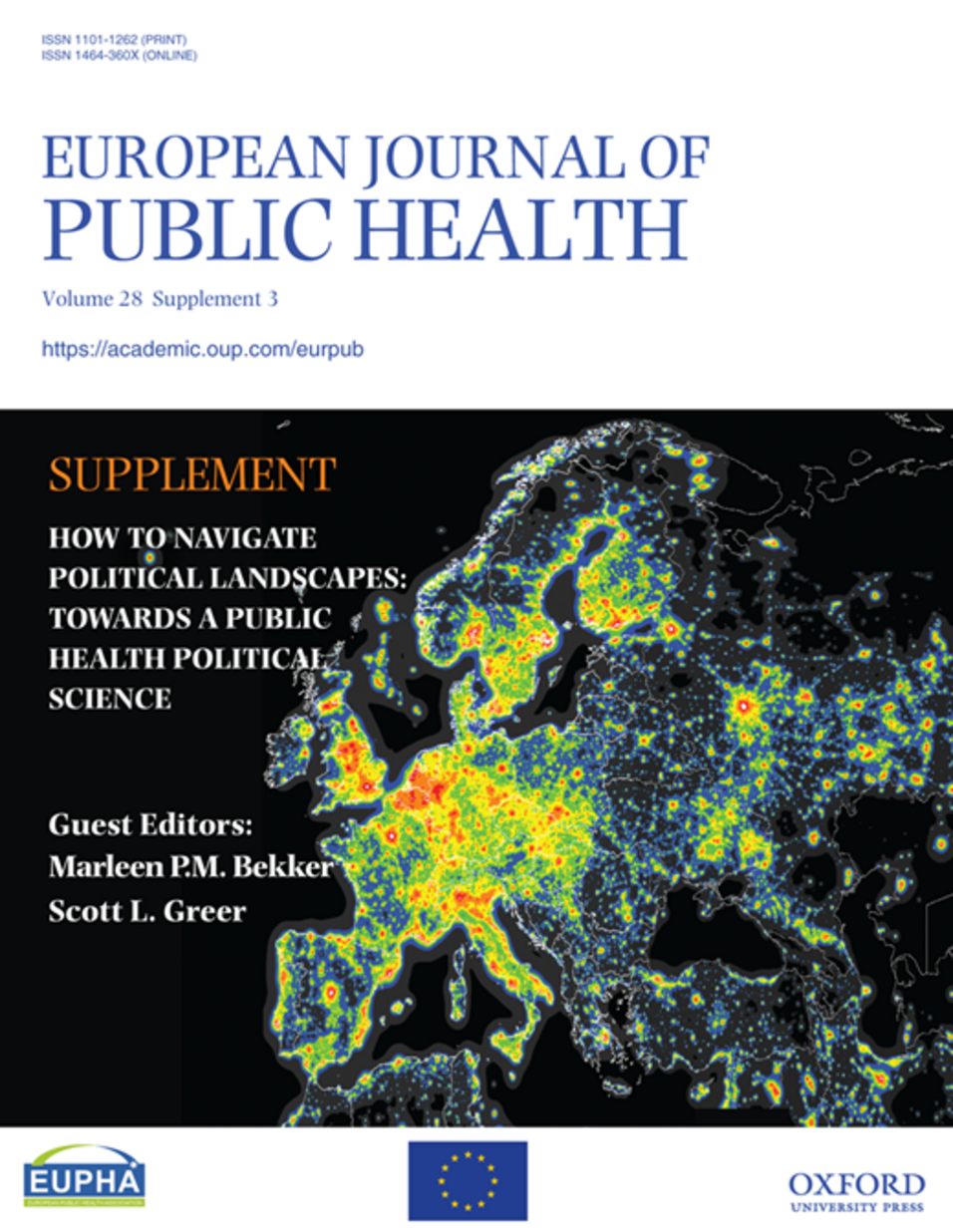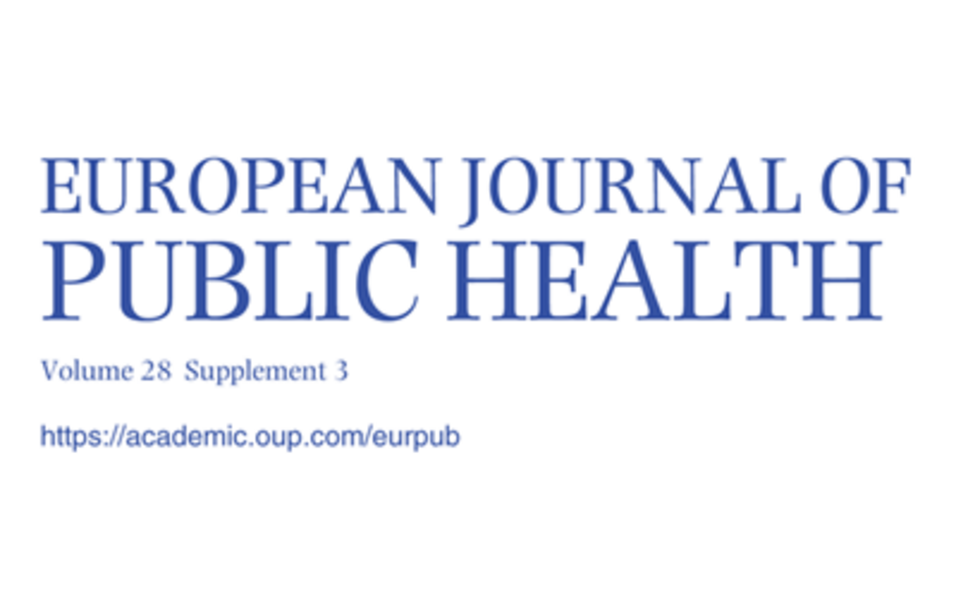Abstract
In light of recent outbreaks of diseases such as measles in Europe, policymakers and public health practitioners are seeking strategies to address anti-vaccination attitudes and to increase immunization rates. Identifying effective strategies that will not further alienate vaccination sceptics raises challenges that go to the heart of relations between the state and society. Drawing on accounts of state–society relations, this article discusses how the problem of vaccination hesitancy might be explained from a political science perspective. Discourse-analytical approaches emphasize the importance of storylines, politics and social context in explaining a range of phenomena. Given the number and strength of prevailing discourses in groups with anti-vaccination sentiments, the literature on discourse coalitions can offer perspectives on the challenges that arise in designing strategies to address vaccine hesitancy. Paying closer attention to individual reasons why parents are vaccine hesitant might allow for designing strategies that are more suited to address concerns. However, given the pervasiveness of the discourses of anti-vaccination movements, challenges in reaching citizens who are sceptical of vaccines will remain.


